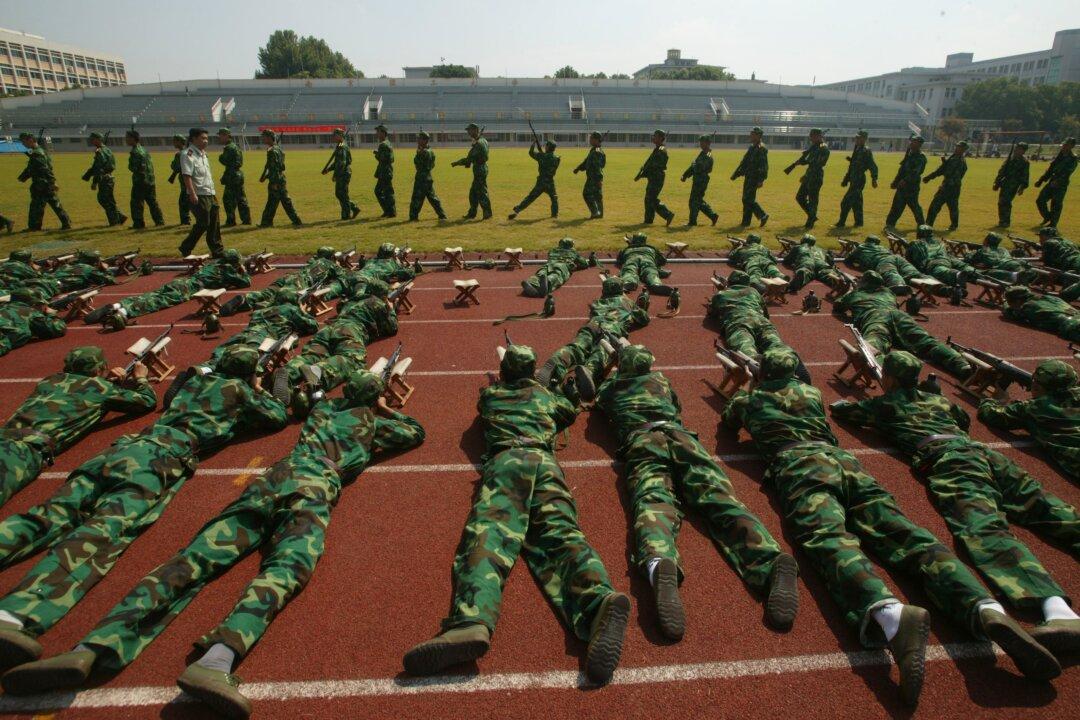Commentary
New evidence indicates that China requires at least some of its students studying abroad to serve the nation’s political and ideological goals, or get sent home.

New evidence indicates that China requires at least some of its students studying abroad to serve the nation’s political and ideological goals, or get sent home.